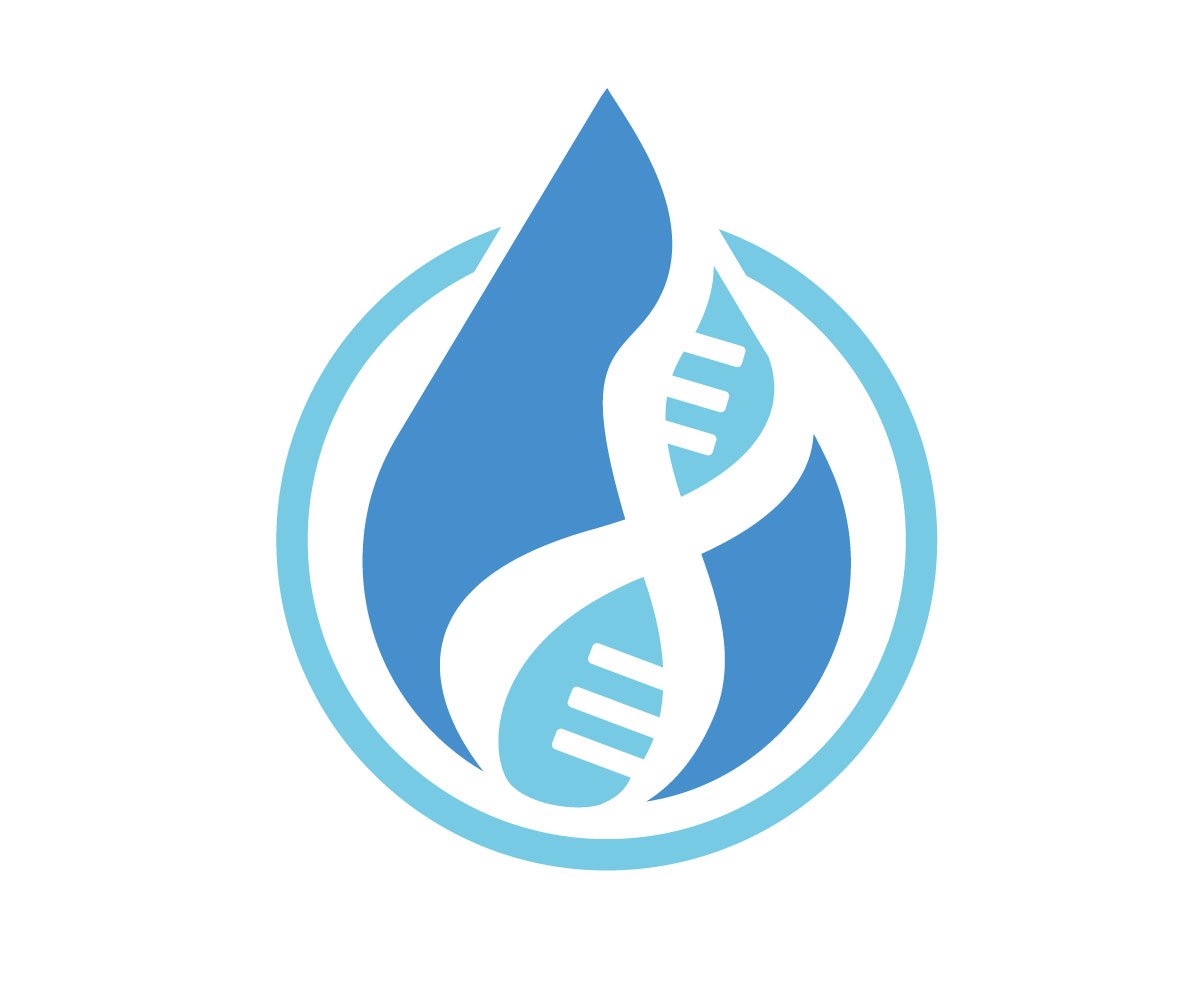A Biological Father Asks “Why Won’t My Families Meld?”
Every family is different. DNA discoveries change who we know and how we related and with whom we spend our time talking and being together. What happens when two people who conceived a child as teens reconnect later in life and decide to marry?
Sign up to read this post
Join Now

